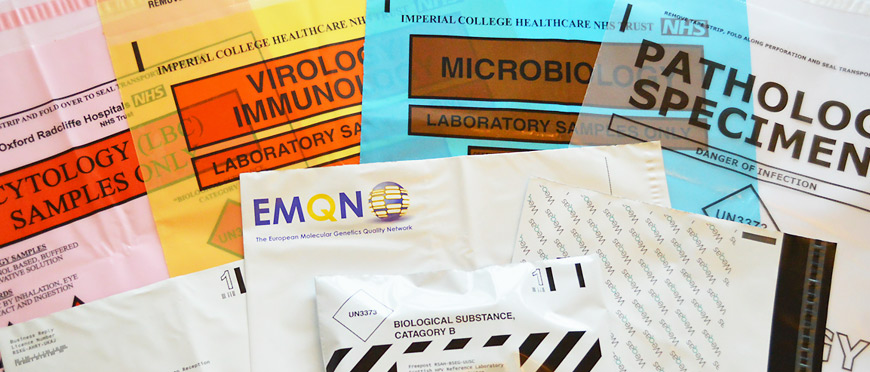
Streamlining Healthcare Logistics: The Role of Polythene Medical & Clinical Transportation Bags
In the intricate web of healthcare logistics, the importance of reliable and efficient transportation of medical and clinical supplies cannot be overstated. Polythene medical and clinical transportation bags have emerged as a pivotal component in this process, offering a versatile and practical solution to the challenges faced by healthcare professionals. In this blog post, we will delve into the key features, advantages, and the impact of polythene bags on the seamless movement of critical healthcare materials.
The Characteristics of Polythene Medical & Clinical Transportation Bags:
- Versatility in Design: Polythene bags come in a variety of shapes and sizes, catering to the diverse needs of healthcare facilities. From small, specialized bags for delicate medical instruments to larger, robust bags for bulk transport, the versatility in design ensures that these bags can adapt to the unique requirements of different medical items.
- Lightweight and Flexible: The lightweight nature of polythene bags makes them an ideal choice for transportation. This characteristic not only reduces the overall weight of shipments, potentially lowering transportation costs, but also ensures ease of handling for healthcare professionals.
- Durable and Resilient: The durability of polythene material makes these bags resistant to tearing, puncturing, and moisture, providing a protective barrier for the contents during transportation. This resilience is particularly crucial for safeguarding sensitive medical supplies from potential damage.
- Cost-Effective Packaging: Polythene bags are cost-effective compared to some alternative packaging materials. The affordability of these bags allows healthcare facilities to allocate resources more efficiently, directing funds towards patient care and other essential needs.
Advantages of Polythene Medical & Clinical Transportation Bags in Healthcare Logistics:
- Barrier Protection: Polythene bags act as a barrier against contaminants, ensuring that medical and clinical supplies remain sterile during transportation. This is essential for maintaining the integrity of sensitive equipment and preventing the spread of infections.
- Ease of Identification: Transparent or translucent polythene bags allow for easy visual identification of the contents without the need for opening the bag. This feature streamlines the inventory management process and reduces the likelihood of errors during distribution.
- Customization Options: Healthcare facilities can benefit from the customizable options offered by polythene bags, tailoring the packaging to the specific needs of the materials being transported. This flexibility ensures that items of varying sizes and shapes can be securely and efficiently transported.
- Environmentally Friendly Choices: Many polythene bags are recyclable, contributing to the broader sustainability goals of healthcare facilities. Choosing eco-friendly options aligns with the industry’s growing emphasis on responsible practices and environmental stewardship.
Conclusion:
Polythene medical and clinical transportation bags have proven to be indispensable in the healthcare logistics landscape, offering a balance of affordability, versatility, and protective capabilities. As the healthcare industry continues to evolve, the role of these bags in ensuring the safe and efficient transport of medical supplies is likely to become even more pronounced. By embracing the advantages of polythene bags, healthcare facilities can optimize their logistics processes, ultimately improving patient care and outcomes.
